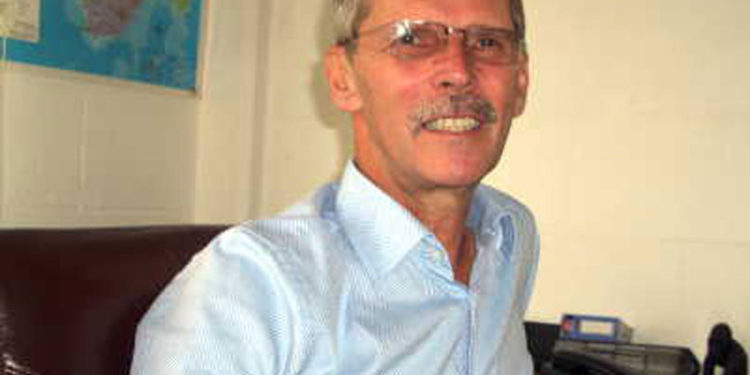Following my column last week on intellectuals and implementers, I have been asked how we become implementers? In simple terms the answer is to be doers rather than talkers, but why are many Ugandans not doers? I would bring the caveat that being Irish and Ugandan gives me a dual perspective since I have experienced two cultures – which may be an advantage or a disadvantage in how I see things. I have come to believe that local cultural patterns have a great influence on how we behave. I do not mean revered cultural traditions, but behaviour that becomes acceptable in our community shapes our own values and behaviour. For example I was brought up in Northern Ireland in the Protestant tradition where the stereotype was the ‘dour’ northern Irish Protestants who had a strong work ethic and this influenced me. ‘Dour’ describes people who generally stern and gloomy.
My time in Uganda broadly corresponds with the duration of the NRM movement and government. When the NRM came into power I observed that some of the war veterans had a sense of entitlement – that having fought for their country they were due their just rewards. Over the years this has morphed into an elitist mentality for those who support the ruling party, and the political system has become the means of satisfying these aspirations by awarding political positions and plum jobs, with all the benefits that go with them, such as medical, security, and transport. The cost of this elitism has progressively taken up more of the national budget, so the well intentioned programs such as free healthcare, free primary and secondary education have been limited by the cash available.
During this period others saw the opportunity to become rich and corruption became widespread. It therefore became accepted that one either needed to be part of the elite, or grab what one could, in order to progress. And society at large welcomed those who had attained position and wealth, whether through patronage or corruption: the end was accepted as justifying the means. Now, if one contrasts this way of thinking to where I grew up, there is a fundamental difference. The Protestants valued hard work in its own right, so even if a person was not well off he would be respected for the work he did. Those who were not respected were those who were seen as not ‘well doin’, they might be lazy, drunkards, or ‘feckless’. Those who had attained their wealth through dubious means were not accepted as part of respectable society.
There are many aspects of the northern Irish culture that I do not like, or even agree with, particularly their judgmental and parochial attitude. But they valued hard work and anyone in the society could find respectability in honest endeavor, no matter their position, whether the person was a small farmer, a mason, a teacher or a doctor (though teachers and doctors were given additional respect). In modern Ugandan culture we do not respect work itself, we respect money.
So if a whole swathe of society is seen as successful because of the culture of elitism and entitlement, while another section arrives through dubious means where does that leave the doers, the workers, and the implementers? It leaves the dedicated schoolteacher laboring away, it leaves your grandmother in her garden laboriously tending her matoke, or the dedicated civil servant doing her job despite the odds, but how are such people recognized, how is their labour valued and rewarded, where is the respect they should have earned? We only pay lip service.
The reason we have so few implementers is because of our current cultural norms: we do not value them. The role models we put forward are those who have gotten wealth by any means. We accept sharp practice, we accept corruption, we scramble to be awarded prestigious titles and positions. So in order to change these cultural norms we should be prepared to change our own behavior.
We have to be humble and be role models of those who work and serve. When I see a government minister who is prepared to suffer the Kampala traffic along with his fellow motorists, when I meet a Commissioner or PS who does not think his time is more valuable than mine, and is prepared to keep time for a meeting, when I meet a boss who works alongside his workers and shows them respect, when I see a father who reads to his children, when I see people who lead by example, not by command, then I will know we are on the right track.
Do you have a story in your community or an opinion to share with us: Email us at editorial@watchdoguganda.com













